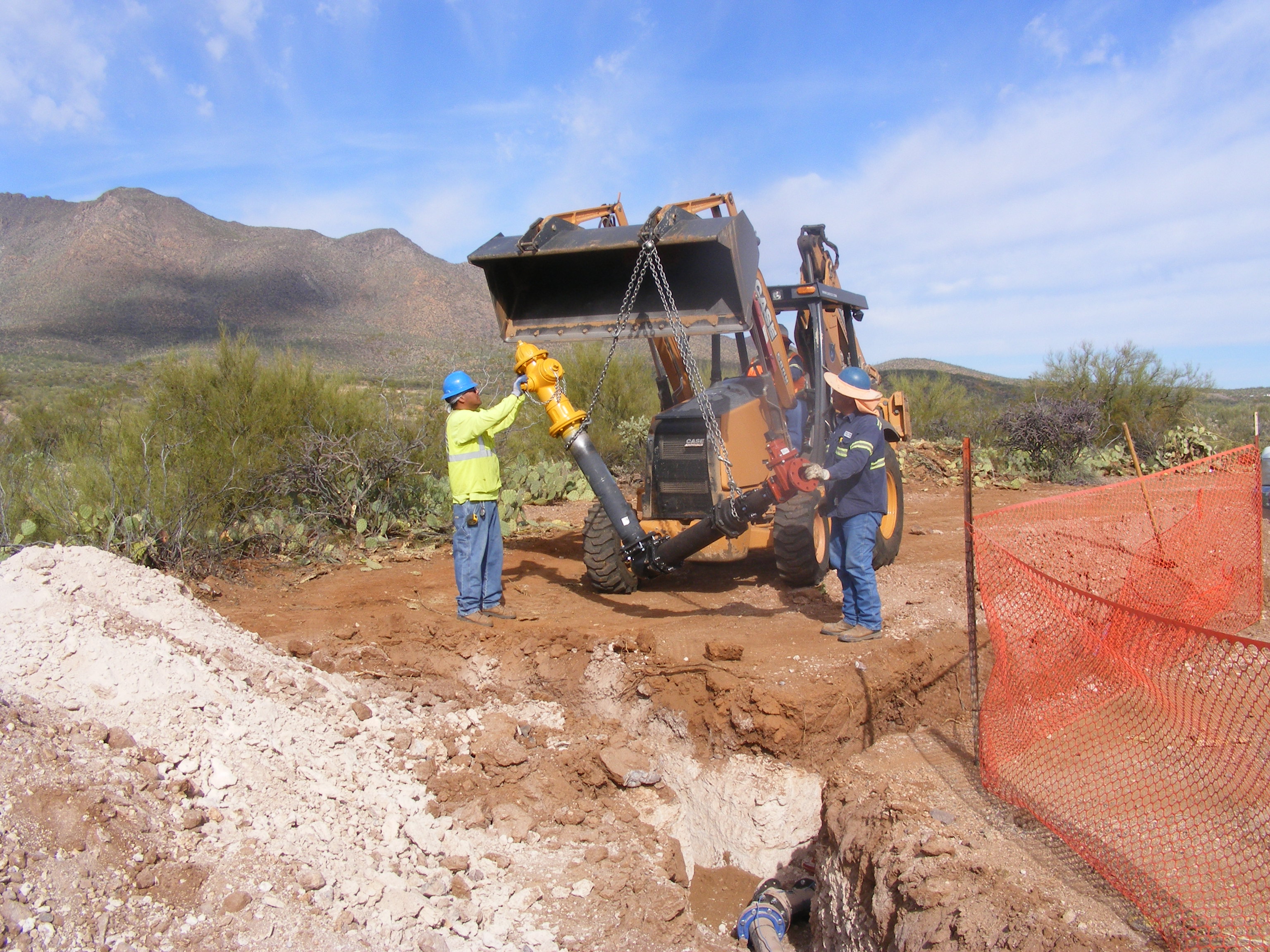
- Details
- By Native News Online Staff
More than 36,000 American Indian and Alaska Native households will benefit from $702.6 million in funding announced by the Indian Health Service (IHS) on Thursday.
The funding comes from the Bipartisan Infrastructure Law. It will provide critical infrastructure for essential sanitation facilities throughout Indian Country, according to the IHS press release. Included in the improved services will be robust drinking water sources, reliable sewage systems, and effective solid waste disposal facilities.
“The projects funded through the Bipartisan Infrastructure Law are critical towards making substantial improvements in clean water and sanitation systems in our tribal communities,” IHS Director Roselyn Tso (Diné) said. “The IHS will continue to leverage the use of multiple strategies and available authorities to ensure timely and efficient distribution of this historic funding.”
The improved sanitation facilities have the potential to reduce inpatient and outpatient visits related to respiratory, skin and soft tissue, and gastroenteric disease. The IHS estimates each dollar invested in water and sewer infrastructure could yield savings of $1.18 in avoided direct health care costs for these diseases.
Thursday’s announcement is the 2023 allocation of $3.5 billion that is part of the Bipartisan Infrastructure Law allocated to the IHS between 2022 and 2026.
These allocations align with recommendations from tribal leaders, prioritizing projects that have progressed through planning phases and can seamlessly transition into the design and construction stages. The commitment to securing adequate funding for planning and design activities remains paramount.
The IHS launched an interactive website in April to furnish insights into projects funded through theBipartisan Infrastructure Law. The new platform will be consistently updated with information, encompassing project funding amounts, tribes served, homes impacted, and project statuses.
More Stories Like This
‘A good stew is a story’ Blackfeet buffalo rancher shares Three Sisters Buffalo Stew recipeNational Indian Health Board Urges Congress to Extend Enhanced Premium Tax Credits
$1.25 Million Grant Gives Hope to Tolowa Dee-ni' Nation Amid Housing Crisis
HHS Repeals Nursing Home Staffing Requirements, Citing Relief for Tribal Facilities
Native Americans Face Second-Highest Gun Death Rate in U.S., New Study Shows

